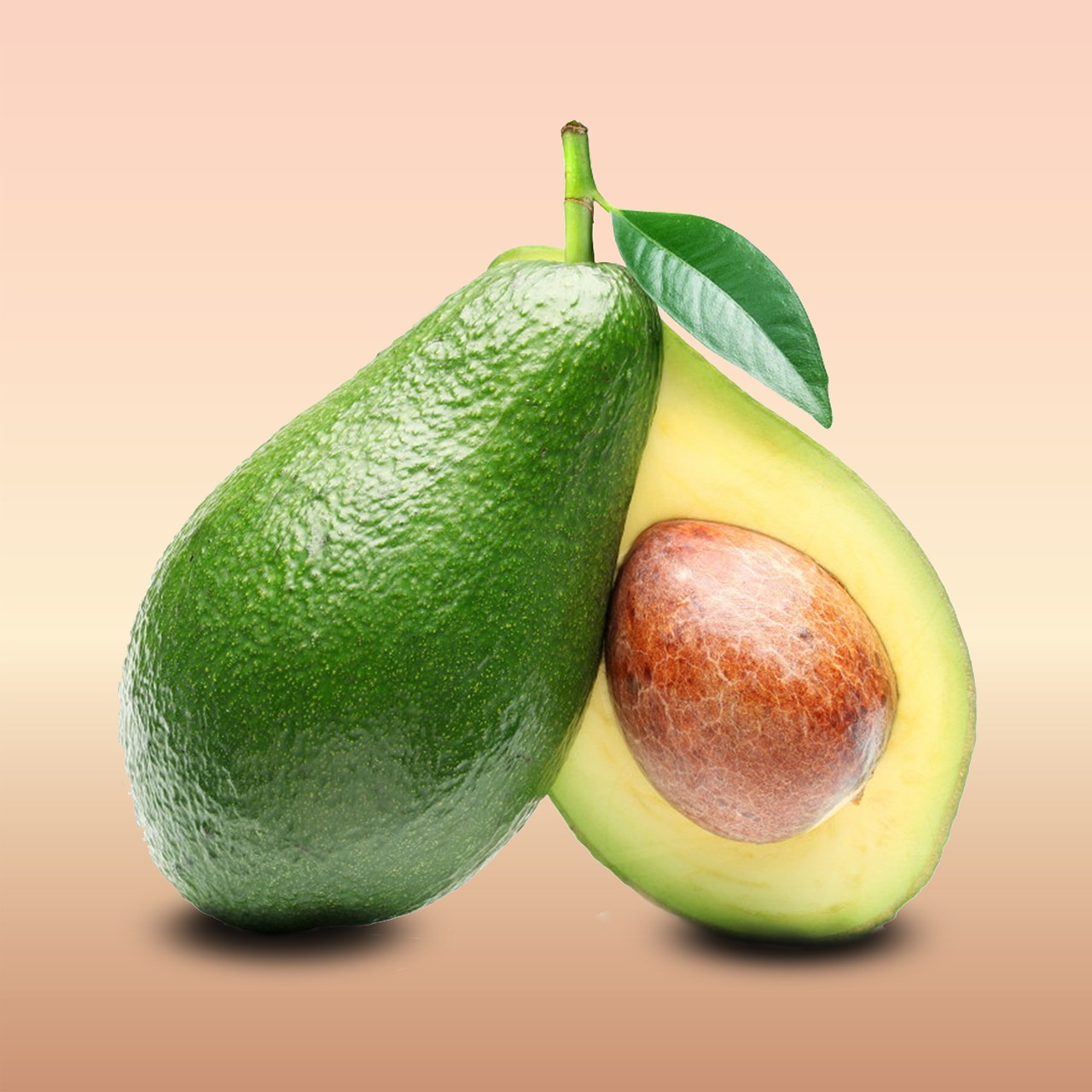Description
Origin:
Avocado is native to south-central Mexico and has been cultivated for thousands of years. It was introduced to other tropical and subtropical regions by explorers and traders. Avocadoes are often referred to as “alligator pears” due to their shape and rough skin.
The fruit is botanically classified as a berry.
The avocado tree was known to the Aztecs and Mayans, who revered it for its health benefits.
Other Names:
Yoruba: eso pia.
Igbo: Ube oyibo / Ube bekee.
Hausa: Avocado
Health Benefits:
Rich in healthy monounsaturated fats that support heart health and reduce inflammation.
Contains vitamins E, K, C, and B vitamins, which are beneficial for skin health, immune function, and energy production.
High in fiber, which aids digestion and promotes a healthy gut.
Provides antioxidants like lutein and zeaxanthin, which support eye health.
May help in weight management due to its satiating fat content.
Nutritional Information (per 100g):
Calories: 160 kcal
Carbohydrates: 8.5 g
Sugars: 0.7 g
Fiber: 6.7 g
Protein: 2.0 g
Fat: 14.7 g
Vitamin E: 2.1 mg (14% of Daily Value)
Vitamin K: 21 mcg (26% of Daily Value)
Fun Fact: Did you Know?
You’ve got two days each year to honor the amazing avocado: National Avocado Day is July 31. National Guacamole Day is September 16, coinciding with Mexican Independence Day. Take all these reasons and celebrate!
Uses:
Eaten fresh in salads, sandwiches, and as a topping for various dishes.
Used to make guacamole, a popular dip and condiment.
Incorporated into smoothies for a creamy texture.
Used in baking and cooking as a substitute for fats like butter.
Added to desserts such as avocado mousse or ice cream.
Recipes & Videos:
International Recipe: Classic GuacamoleVideo: How to Make Classic Guacamole
Local Recipe: Nigerian Avocado SaladVideo: Nigerian Avocado Salad Recipe

 Cart is empty
Cart is empty 





Reviews
There are no reviews yet